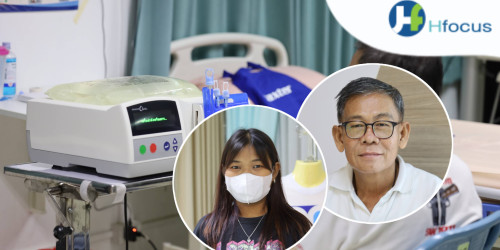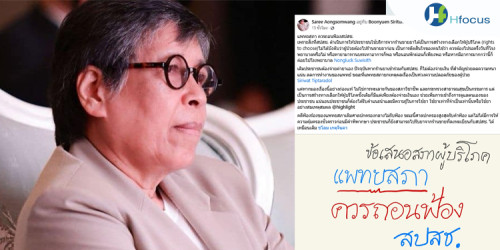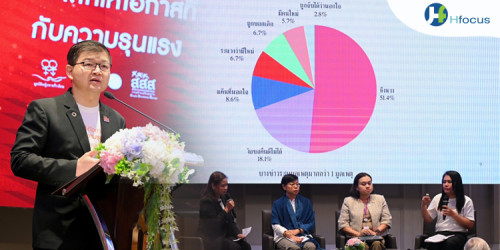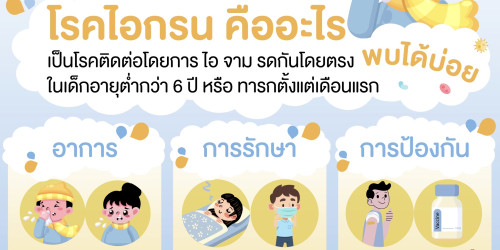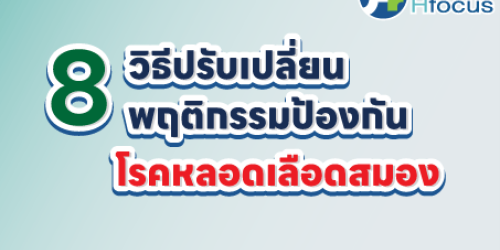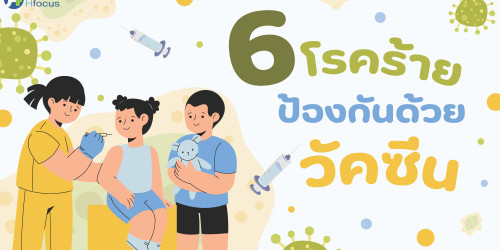Red Cross says ban on gays not discriminatory. Aids and gender activists have responded to a video suggesting the Red Cross refuses to take blood donations from gays by urging it to screen donors for "risk activities"rather than "risk groups".
The controversy came after a video clip of three young people criticising the Red Cross Society for refusing to accept blood donations from gays was posted on YouTube.
Aids Access Foundation director Nimit Tianudom said such a refusal could be considered a form of discrimination.
"It violates human rights," he said.Mr Nimit said the stance shows the classification of "HIV risk persons"was outdated.
The Red Cross screens for "risk groups" among donors. For example,men who have sex with men (MSM)are placed in the HIV risk group. The organisation should screen for "risk activities" instead, Mr Nimit said.
He said a blanket refusal of blood donations from MSM members also reflects how the screening system is not up to par.
Screening should not just rely on a questionnaire, he said, calling on Red Cross staff to take more time to talk with donors to find out if they engaged in risk activities.
Jetsada Taesombat, a coordinator of the Thai Transgender Alliance,agreed that the screening should focus on activities rather than group classifications.
"Anyone who has unprotected sex is exposed to the risk of infection,"he said. The Red Cross, however, denies the process is discriminatory, maintaining that it is in line with international policy for patient safety. Potential donors are requested to fill out a 30-item questionnaire.
Questions include:"Have you had sex with a same-sex partner?" and "Has your partner had sex with a same-sex person?"
Those who answer "yes" are reportedly rejected for blood donations. Mr Jetsada has himself been barred from donating blood.
He said he passed the initial screening because he showed a negative HIV test result to the Red Cross staff.However, as he waited on a bed prior to making a donation, he was pulled away.
One of the staff assumed that he had had the HIV test because he had engaged in risk activities, he said. "I understand that the organisation was acting out of goodwill to protect the blood recipients," he said."But it's not right to automatically brand MSM as an HIV risk group."
National Blood Centre director Soisaang Pikulsod also insisted that refusing blood donations from MSM is not a form of discrimination. "International policy has classified MSM as a high-risk group based on statistics, she said. "So, the Red Cross must be strict for the sake of blood recipients'safety."
According to National Blood Centre statistics,2% of total donations were found to be infected with HIV or hepatitis, with almost all of the infected blood coming from gay men, she said.
The Public Health Ministry announced in December that the HIV infection rate among MSM has increased by 11% between 1987 and 2011 and is continuing to rise.
The Thai Red Cross tracked 174 MSM members between January 2007 and April 2008 and found 118 men,or 67.8%, had contracted HIV.
"We must protect blood recipients from any possible risk of infection,"said Ms Soisaang. She said false negatives in HIV tests can arise if infected people are tested before antibodies develop. This poses a risk to blood recipients. Some donors do not realise that they are infected or that their sexual activities pose an HIV risk, she said.
Inflected blood from one person can be transmitted to at least three recipients because donated blood is separated into three components plasma, red blood cells and platelets and each component can be transfused to different patients according to their symptoms.
"Therefore, it's important to screen out possible risk as much as possible,"Ms Soisaang said. The Public Health Ministry says about 9,470 new cases of HIV infections are recorded in Thailand each year, with about 80% of these contracting the virus from having unsafe sex.
The ministry has recorded a total of 464,414 people currently living with HIV/Aids nationwide.
Source: Bangkok Post 9 March 2013
- 4 views

